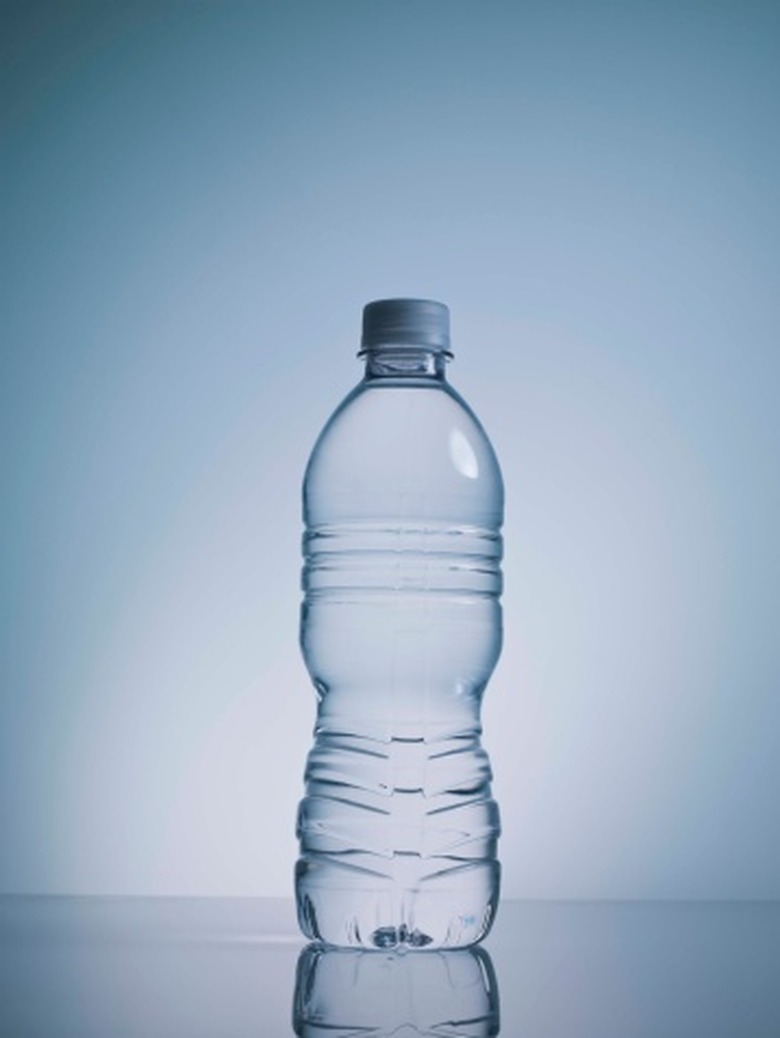How To Convert Water Hardness In mg/L To GPG
The quantity of dissolved calcium and magnesium polyvalent cations dissolved in a sample of water determine its hardness. Cations enter the water as it percolates through calcareous rocks such as limestone. Dissolved cations alter the properties of water, changing the way it reacts with other chemicals, including detergents and soaps. Hard water contains high levels of cation, compared with soft water, which contains low levels. Concentrations of cations in water are expressed in grains per gallon (GPG), or in milligrams per liter (mg/L).
Step 1
Establish the hardness value for the water in mg/L. Enter the value into a calculator and then check that you have entered the value accurately.
Step 2
Divide the value by 17.2, the conversion factor to convert from mg/L to GPG. The conversion factor is accurate to one decimal place, so round the result to one decimal place too. The result is the water hardness expressed in grains per gallon, or GPG.
Step 3
Check for errors. Multiply your answer by 17.1. If the result is neither equal to nor very close to the original value in mg/L, there was an error in your calculations. Repeat the conversion process.
TL;DR (Too Long; Didn't Read)
To convert from GPG to mg/L, multiply by 17.1
Milligrams per liter is the same as parts per million. There are 1 million milligrams in 1 kilogram, the mass of 1 liter of water.
Cite This Article
MLA
Robinson, David. "How To Convert Water Hardness In mg/L To GPG" sciencing.com, https://www.sciencing.com/convert-water-hardness-mgl-gpg-8126392/. 24 April 2017.
APA
Robinson, David. (2017, April 24). How To Convert Water Hardness In mg/L To GPG. sciencing.com. Retrieved from https://www.sciencing.com/convert-water-hardness-mgl-gpg-8126392/
Chicago
Robinson, David. How To Convert Water Hardness In mg/L To GPG last modified March 24, 2022. https://www.sciencing.com/convert-water-hardness-mgl-gpg-8126392/
